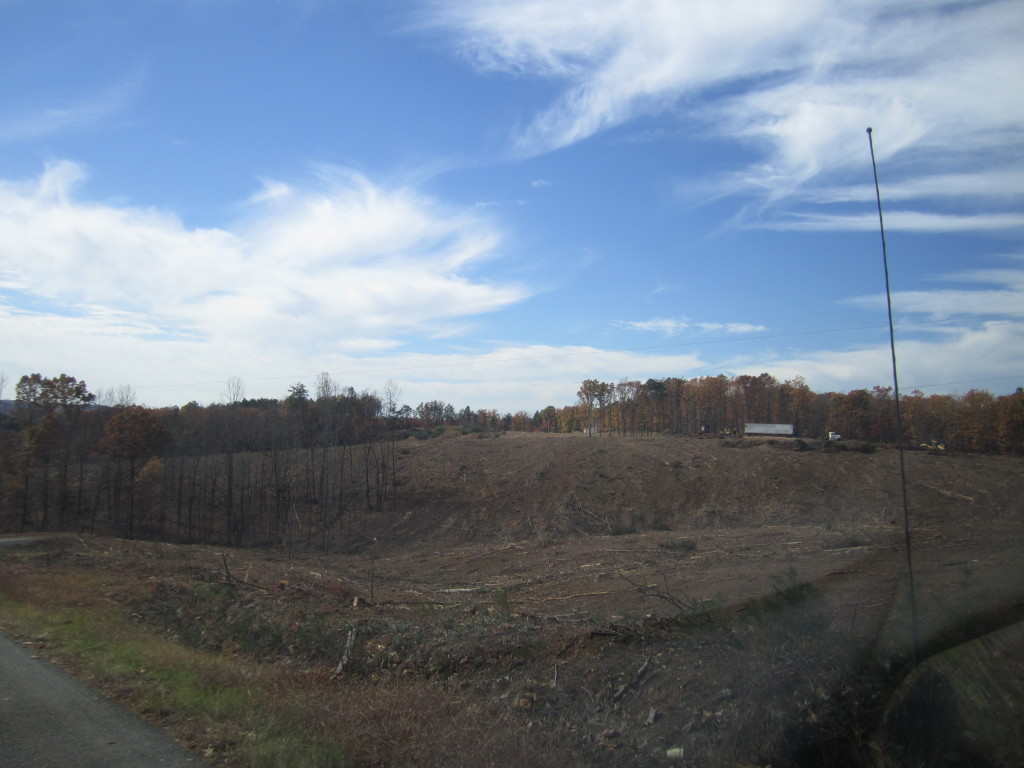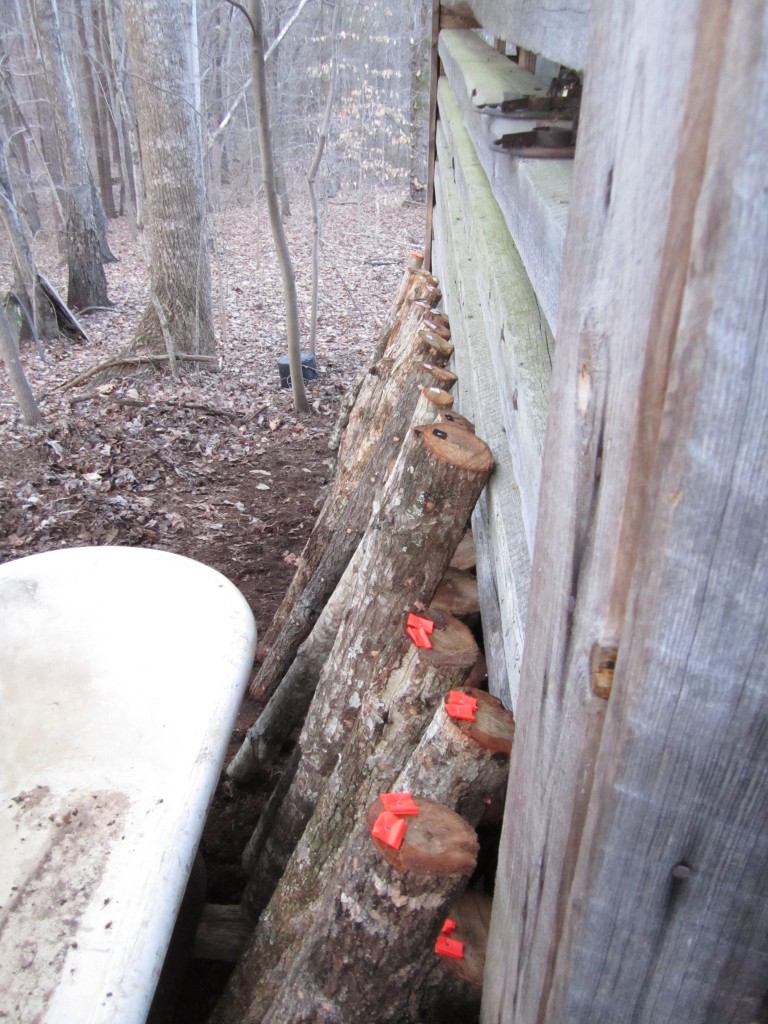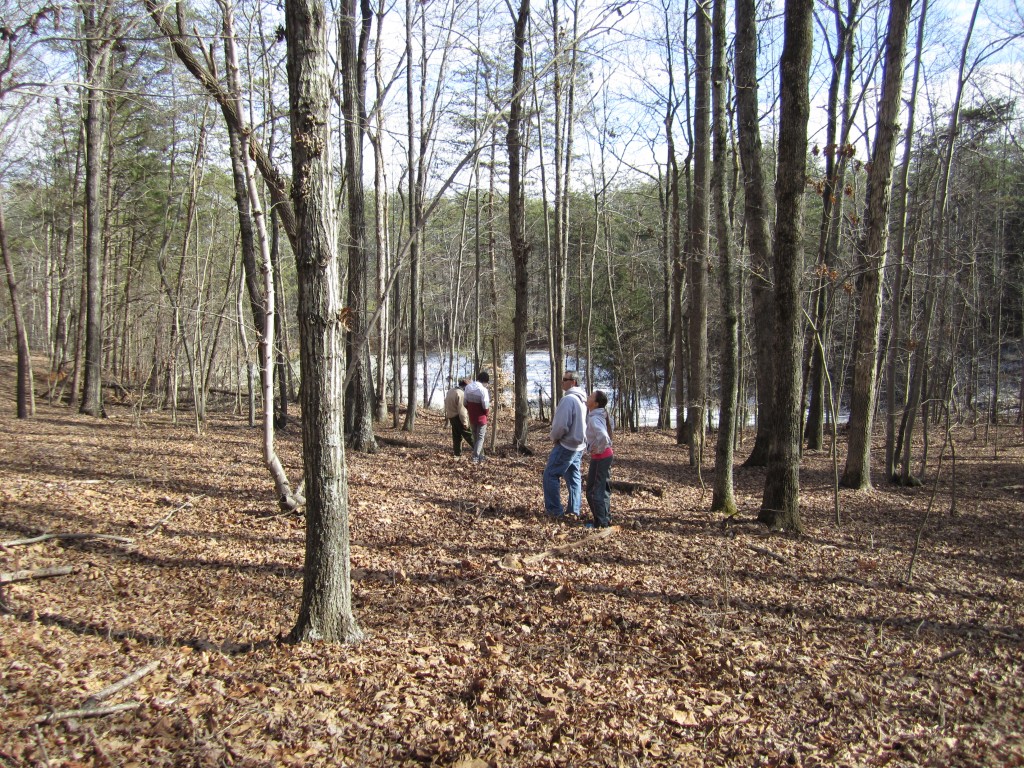In our modern world of upgrades, planned obsolescence, and the constant ebb and flow of new and newer products, appliances, and gadgets, we end up having to deal with a lot of waste. I’m not talking about garbage, trash, or food scraps, nor items that we all know are recyclable like glass, plastic and paper, but those large, and/or unusual items like appliances, electronics, and many other household items that we throw away every day.
This list is just 5 of the many lesser known things that are indeed recyclable and do not need to be thrown away into landfills. Some of these items can be taken into retail stores to be recycled while others can often be picked up by junk removal companies.
Tires
Old, worn out, and junk tires should not be thrown away. In fact, most municipal garbage collectors won’t even take tires so that leaves homeowners and citizens wondering what to do with their old junk tires. Many companies exist that will take tires and recycle them into useful rubber products like playground padding, mulch, or road materials. Tires can also be used in earth-ship construction, or as planters in the garden for starting sweet potato slips.
Washers, Dryers, Refrigerators, and Other Appliances
These large household appliances are made of metal, usually steel with electric motors made of aluminum and copper. Metal recyclers can recycle these products and reuse them in the manufacturing process. Some large appliances like refrigerators and AC units contain refrigerants that are potentially dangerous and harmful to the environment. You should always be careful with these and never send one to the dump where it can become a pollutant. Rather, find someone to recycle it, and they can make sure that anything useful gets reused instead of wasted or turned into pollution. Some other appliances that can be recycled include stoves, microwaves, dishwashers, and freezers.
Batteries
There are many different types of batteries, but the ones that are most often recycled are car and marine batteries. These large batteries contain lead, and are recycled in the production of new batteries. Some batteries can be refurbished, and others still are rechargeable. Batteries can contain some pretty nasty chemicals in them, so always be careful if you are storing or transporting batteries. Many places that sell batteries will take them after they are dead, and others allow you to return the battery as a “core deposit” and can even save you a few bucks on your next purchase.
Ink Cartridges
Ink cartridges are similar to batteries in that they often can be exchanged at retail locations for some sort of credit. Office Depot and Staples will often credit $2-3 depending on make/model with the return of an ink cartridge. These cartridges can be refilled and many companies will provide this service and are always looking for more ink cartridges. These companies handle them in a safe way and ensure that no ink residues leach out into the groundwater, an unavoidable fact if you send them to the dump.
Computers and Other Electronics
Computers, cell phones, speakers, keyboards, and phones are all recyclable. The components inside them, including the memory boards, wiring, and heat sinks are all able to be re-purposed, reused, or recycled. This type of material is known as e-waste and there are many companies that specialize in recycling and removing unwanted electronic devices. This keeps the costs of production down and reduces pollution too. Many of these electronics can leach out some pretty harmful chemicals if not properly disposed of, and by recycling them, you can make sure that does not happen.
If we want to be sustainable, then we must take care of our waste streams. These resources need to utilized, whether it’s as compost, biomass, or recycled materials and components.
If you are in the Greensboro/Triad area and have a large or unusual item that you want to recycle, send an email to Jason (at) ourochreway.com and we can come and make sure it stays out of the landfill!



